Vietnam, a land of breathtaking landscapes and rich history, captivates travelers with its vibrant culture and the exceptional warmth of its people. At the core of this enchantment is the friendly nature of the Vietnamese person, whose life is deeply imbued with "Tính hiếu khách" - the spirit of hospitality that defines the national ethos. The people in Vietnam, with their smiles as inviting as the country's iconic rice fields, embody a generous hospitality that leaves an indelible mark on visitors. This profound tradition of welcoming guests, rooted in centuries of cultural heritage, shines across both the bustling cities and tranquil rural areas, inviting travelers to immerse themselves in the local way of life. The Vietnamese people's commitment to kindness, respect, and community harmony not only bridges cultural divides but also enriches the experiences of everyone involved, making Vietnam a unique destination where every interaction is a testament to the nation's open-hearted character.
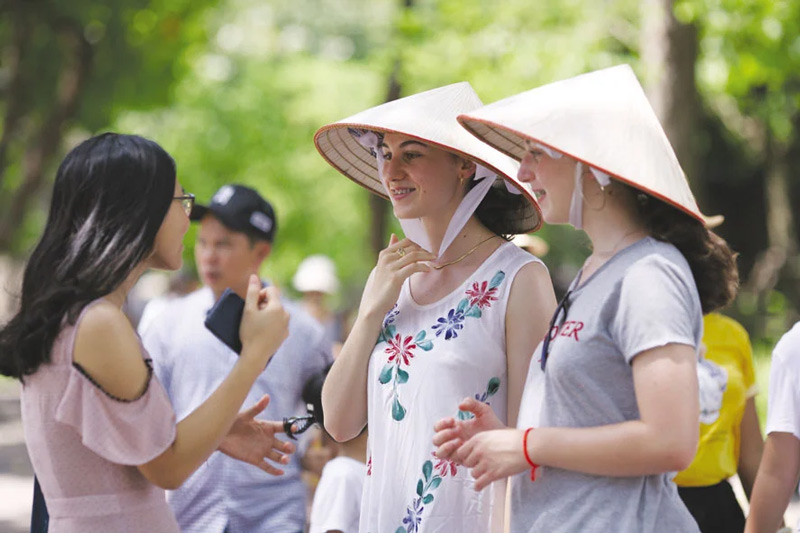
In the heart of Vietnamese culture lies the deeply ingrained principle of "Tính hiếu khách," which translates to hospitality. This pivotal aspect of their cultural identity is not merely about being polite to guests; it's a comprehensive ethos that permeates the fabric of their daily lives, especially when it comes to the importance of family and community. In Vietnam, family extends beyond the immediate circle to encompass the wider community, each member of which is ready to welcome others with open arms. This sense of belonging creates a warm and inclusive atmosphere that is palpable to all who visit.
The emphasis on respect and courtesy in Vietnamese culture is paramount. This is not just about adhering to social norms but is a reflection of a deep-seated belief in the intrinsic value of every individual. Vietnamese friends and neighbors demonstrate this through their actions—whether it's through a gentle word, a kind gesture, or the warmth of their welcome. The level of consideration shown in even the smallest of interactions is a testament to the respect that the people of Vietnam hold for one another and for guests in their community.
Moreover, the joy of sharing experiences with visitors is a cornerstone of Vietnamese hospitality. Inviting someone into your home, offering them a meal, or simply spending time together is seen as an opportunity to enrich one's life with new perspectives and stories. For the people of Vietnam, these moments of connection are cherished, creating memories that last a lifetime for both the host and the visitor. It's in these exchanges that the true spirit of "Tính hiếu khách" shines through, as Vietnamese friends and families open their hearts and homes, sharing not just their culture but a piece of themselves.
In essence, the Vietnamese culture of hospitality is a beautiful tapestry woven from threads of respect, community, and joy in shared experiences. It's a way of life that turns every encounter into a chance for meaningful connection, reflecting the generous spirit and warmth of the Vietnamese people.
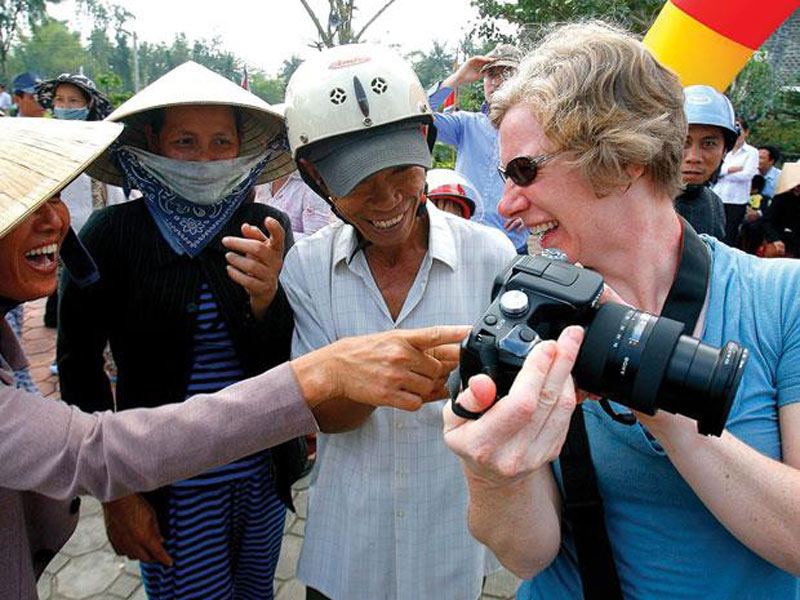
In the vibrant culture of Vietnam, interactions between locals and tourists are often marked by traditional greetings and gestures that reflect the country's rich heritage. When tourists visit Vietnam, they are frequently greeted with warm smiles, accompanied by a slight bow or the pressing of palms together in front of the chest, known as the "Anjali Mudra" in yoga practices. This gesture signifies respect and a welcoming spirit, encapsulating the essence of Vietnamese hospitality.
Vietnam people place a high value on familial and social hierarchies, which is evident in their manner of addressing one another. A quintessential aspect of engaging in respectful conversations, especially with the older generation, is the use of specific terms that denote one's relation or seniority. The words "Chú" (for uncle) and "Cô" (for aunt) are commonly used to address elders who are not necessarily relatives but are older, as a sign of respect and acknowledgement of their age and wisdom. This practice is deeply ingrained in Vietnamese culture, underscoring the importance of reverence for elders, which is a fundamental value across Asian societies. Through these welcoming interactions and respectful addresses, Vietnam people demonstrate their adherence to traditions that have been passed down through generations, fostering a sense of community and mutual respect between locals and visitors.
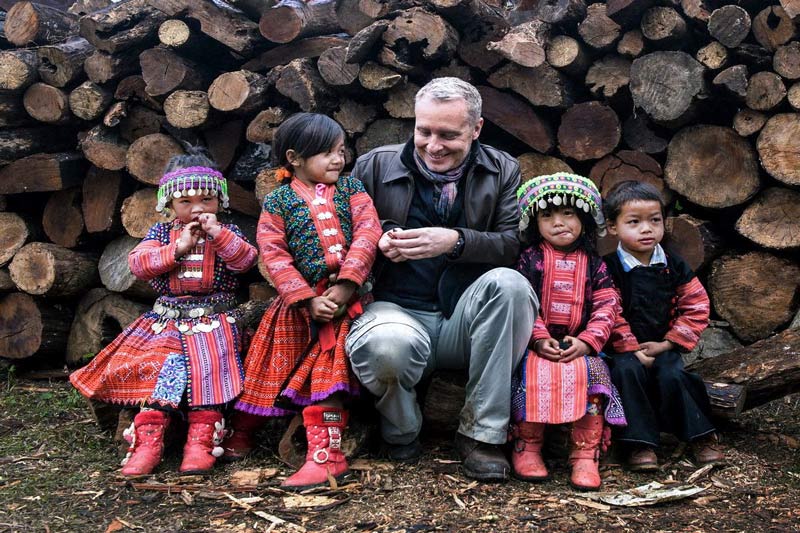
When traveling through Vietnam, the essence of your journey lies not just in the places you visit but in the connections you make with its culture and people. Embracing the local experience is an enriching way to deepen your understanding and appreciation of this vibrant country. Here’s how you can fully immerse yourself in the Vietnamese way of life.
Vietnamese cuisine is a splendid tapestry of flavors and techniques, reflecting the country’s regional diversities and its historical influences. Street food, in particular, offers an authentic window into the heart of Vietnamese culture. From the bustling streets of Hanoi to the vibrant alleys of Ho Chi Minh City, each corner tells a story through its dishes. Venture beyond the comfort of restaurants to try local specialties such as Pho (noodle soup), Banh Mi (sandwich), and Goi Cuon (spring rolls). These culinary experiences not only tantalize your taste buds but also offer insights into the local way of life. Engage with street food vendors, many of whom have perfected their craft over generations, to learn about the history and tradition behind each dish.
Vietnam's rich cultural tapestry is vividly showcased through its array of traditional activities and performances. Water puppet shows, a unique art form originating from Northern Vietnam, narrate folk tales and legends through intricately carved wooden puppets dancing over water. Watching these performances is not just entertainment—it’s a journey into the past, offering a glimpse into rural Vietnamese life and mythology.
Equally captivating are the traditional dances that are often performed during festivals and celebrations. These dances, from the graceful fan dance to the dynamic lion dance, embody the spirit and heritage of Vietnam. Participating in or observing these cultural activities allows tourists to connect with the Vietnamese people on a deeper level, understanding their values, beliefs, and artistic expressions.
Language is a bridge that connects different worlds, and learning a few basic Vietnamese phrases can significantly enhance your travel experience. Simple greetings like “Xin chào” (Hello) and expressions of gratitude such as “Cảm ơn” (Thank you) can go a long way in fostering goodwill and respect between you and the locals. By making an effort to speak the language, even at a rudimentary level, you signal your respect and openness towards the Vietnamese culture. This small gesture can open doors to more authentic interactions and even friendships during your journey.
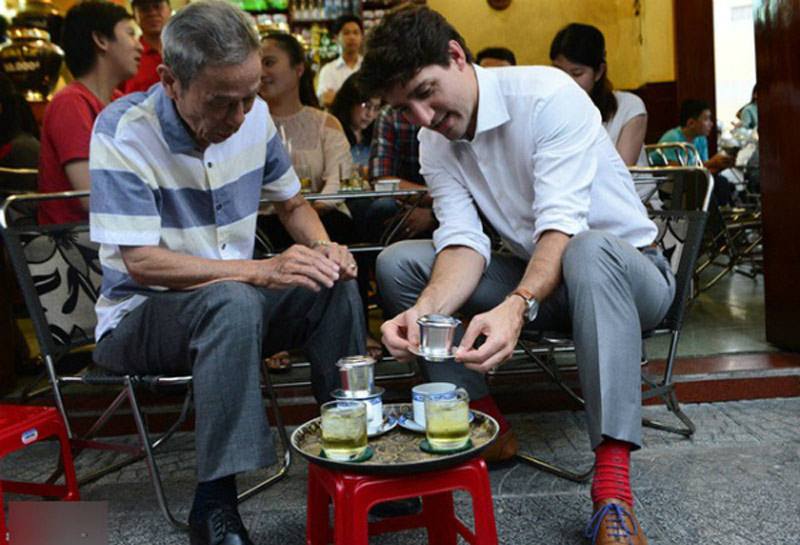
When traveling to new destinations, being mindful of cultural sensitivities is paramount. This is especially true in diverse countries where traditions deeply influence daily life. For tourists, understanding and respecting these nuances not only enriches the travel experience but also fosters mutual respect between visitors and locals.
One of the key areas where sensitivity is required is in the manner of dressing, particularly when visiting religious sites. Many cultures expect visitors to dress modestly as a sign of respect. This might mean covering shoulders and knees, and sometimes even wearing attire that covers you from head to toe, depending on the specific place of worship. It's a small gesture that can significantly impact how you're perceived and how you experience the sacred space.
Public displays of affection are another area where cultural norms vary greatly. In some societies, what might be considered a simple gesture of affection, like holding hands or a peck on the cheek, could be frowned upon or even offend local sensibilities. Understanding these norms beforehand can help avoid unintentional disrespect.
Moreover, the art of bargaining is an expected practice in many markets around the world. However, this too comes with its own set of unwritten rules and etiquette. For instance, while it's acceptable and even encouraged to negotiate prices in some markets, it's essential to do so respectfully and with a smile. Remember, the goal isn't just to get a good deal but to engage in a friendly exchange that respects the seller's livelihood.
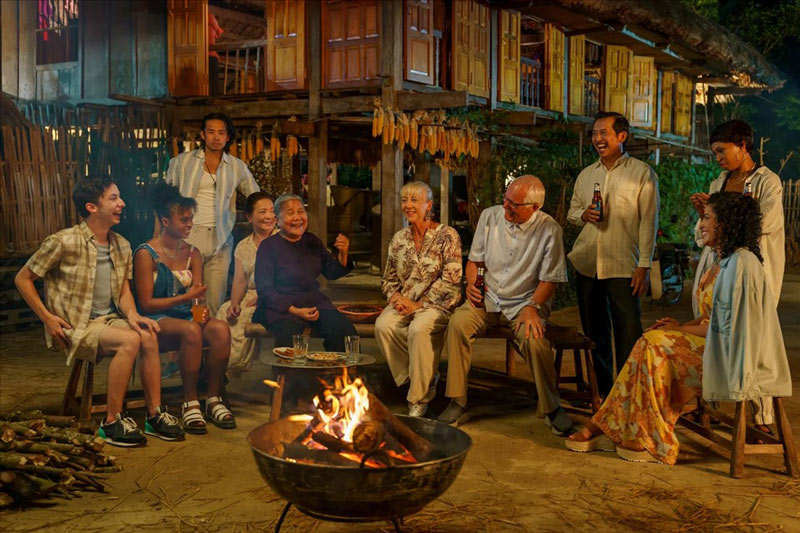
Travel isn't just about the places we visit; it's about the connections we make along the way. By engaging respectfully and thoughtfully with the cultures we encounter, we open the door to building genuine, lasting relationships that enrich our understanding of the world.
Sharing travel stories and experiences with locals and fellow travelers alike can be a powerful way to connect. These exchanges offer insights into different lifestyles and perspectives, fostering a sense of global community. Whether it's recounting a memorable adventure or sharing a meal, these moments of connection are often the highlights of any journey.
Learning about Vietnamese traditions and way of life is another profound way to deepen connections. Vietnam, with its rich cultural tapestry, offers endless opportunities for travelers to immerse themselves in local customs and traditions. Participating in traditional festivals, taking part in cooking classes to learn about Vietnamese cuisine, or simply spending time in local villages can lead to a deeper appreciation of the country's heritage and way of life.
Supporting local businesses and artisans is yet another avenue through which travelers can build meaningful connections. By choosing to spend money on locally made products and experiences, visitors contribute directly to the local economy and get a chance to understand the craftsmanship and dedication behind traditional practices. This not only helps sustain local cultures but also fosters a sense of community and mutual support.
In conclusion, respectful exploration and the desire to build genuine connections lie at the heart of meaningful travel. By approaching our journeys with an open mind and a respectful attitude, we pave the way for experiences that are not only enriching for us as individuals but also beneficial for the communities we visit.